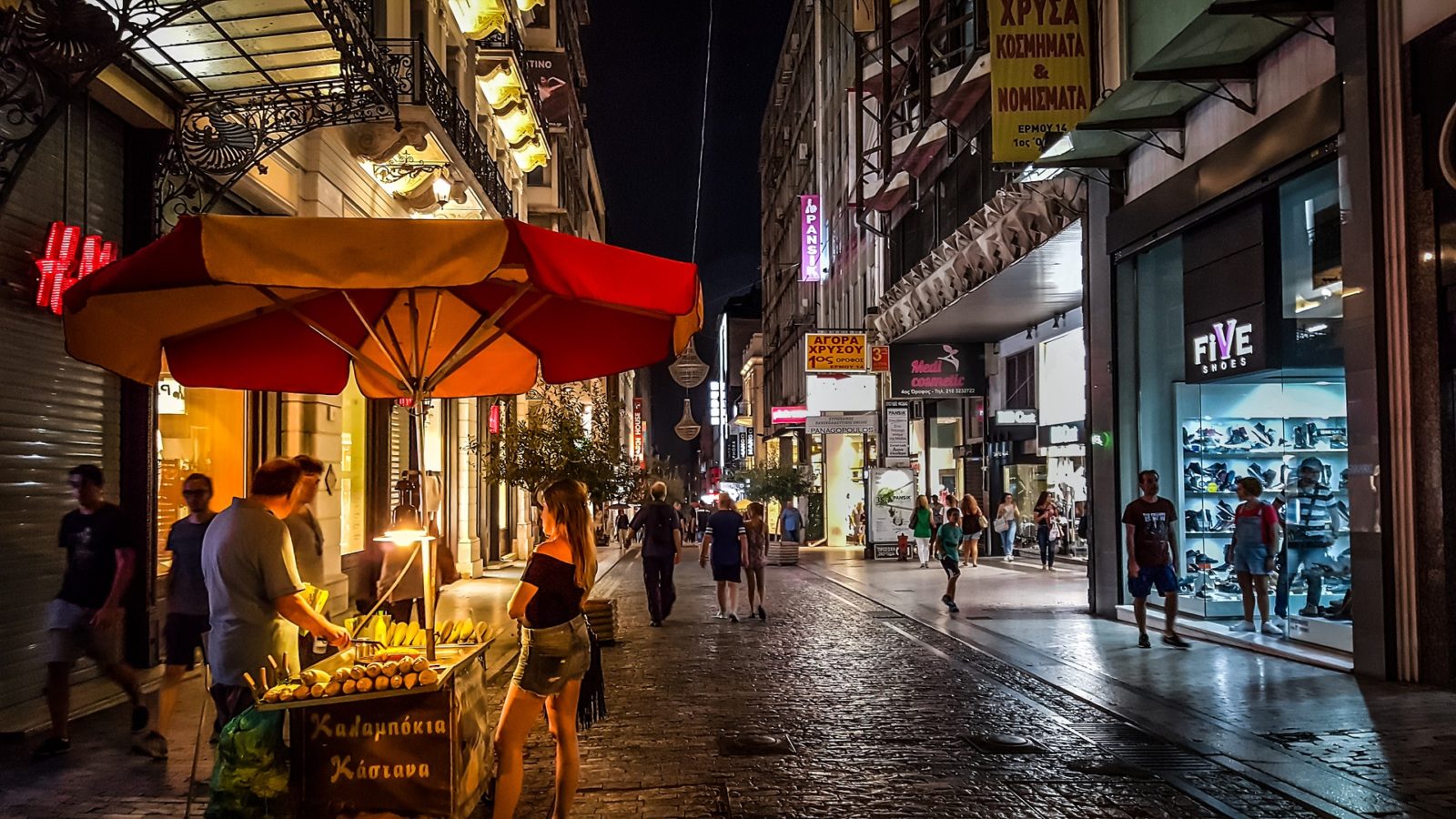If you’ve spent any time travelling, you know that one of the biggest challenges is finding food that doesn’t come in a to-go bag. Fortunate flyers might enjoy dining choices on par with mall food courts, but most travellers settle for a granola bar or similarly lackluster fare from vending machines.
This poses challenges for anyone’s nutrition, but people who have a food allergy or unique dietary needs—such as being vegetarian, vegan, kosher, or halal—must get by with even fewer food options. In most airports I’ve visited, it’s rare to find food free of gluten, dairy, and other allergens.
My girlfriend and I both avoid eating gluten for serious health reasons, so we always try to plan ahead to ensure we can find something to eat. But as Mike Tyson famously quipped, “Everybody has a plan until they get punched in the mouth.” It’s great to have a strategy in place, but you never really know what’s going to happen during a trip.
The most severe situation I ever experienced was during a work trip to China. Between my gluten intolerance and another colleague’s fish allergy, it was nearly impossible to find anything to eat. Most dishes in China include noodles, soy sauce, or fish sauce, so we struggled to balance our dietary requirements with our base needs for sustenance. After that ill-fated trip, I became much better at planning for numerous contingencies.
Finding cuisine that meets your particular dietary needs while on the road might seem like a tall order, but it’s not impossible. Here are four ways to maintain your eating habits regardless of location:
1. Research your destination
I stick to a mostly vegan, gluten-free diet, so I do some digging online before any trip. I use Yelp and other apps to look up vegetarian, vegan, and gluten-free restaurants in the area.
Figuring it out on the fly may work in larger cities, but special dietary restrictions become significantly more challenging in smaller locales. If I don’t find any promising options, I try to book an AirBnB instead of a hotel. Most AirBnB rentals have access to kitchens, where you can prepare your own meals.
2. Prepare in-transit meals
I almost always pack a container with a gluten-free meal or snack for plane rides, and I fill half of a suitcase with granola bars or ready-made meals that I can heat up in my hotel room.
When pre-made meals aren’t an option, you might try to get by using a few bare essentials. If gluten is an issue for you, bring gluten-free bread or crackers or a handful of avocados in your carry-on. That way, if you get stuck, you’ll have a fuel source with you to make sure you’ll be OK for the duration.
3. Commit the resources needed to obtain healthy food
When travelling, it’s common for people to book just enough time to get from one location to the next. But if you have a food allergy or special dietary needs, you have to give yourself enough wiggle room to get the nutrition you need.
Gluten-free options are fairly limited in Las Vegas, so I did some extra research the last time I was there for a conference. I found a gluten-free restaurant about 35 minutes outside the city, so I booked an earlier flight to allow myself enough time to go there and pick up enough food to get me through the event. The extra time and money I spent alleviated a lot of stress and ensured I had plenty of food during my stay.
4. When all else fails, try fasting
This one might sound a bit out there, but you could always try fasting during your next trip. I fast for one to two days each month, and intermittent fasting has been proven to be beneficial for bodies. A study conducted by UCLA researchers found that people who reduced their caloric intake for five consecutive days per month enjoyed numerous health benefits, including weight loss, lower body fat, and reduced blood pressure.
When I know I’ll be on a plane for a long time, for instance, I sometimes decide to spend the time fasting rather than pack my own food. That said, I don’t recommend fasting for too long or on days when you will be having intense discussions or giving a presentation.
As anyone who frequently travels knows, even the best plans can go off the rails when reality gets in the way—that goes double for travelers who have food allergies or unique dietary needs. But as another famous fighter, Dwight D Eisenhower, pointed out, “Plans are worthless, but planning is everything.”
While there’s plenty of stress associated with finding food while traveling, I’ve found that keeping a positive mental outlook can really help. By staying positive, taking things in stride, and, yes, planning ahead, you can prevent unnecessary stress and avoid going hungry while on the go.


